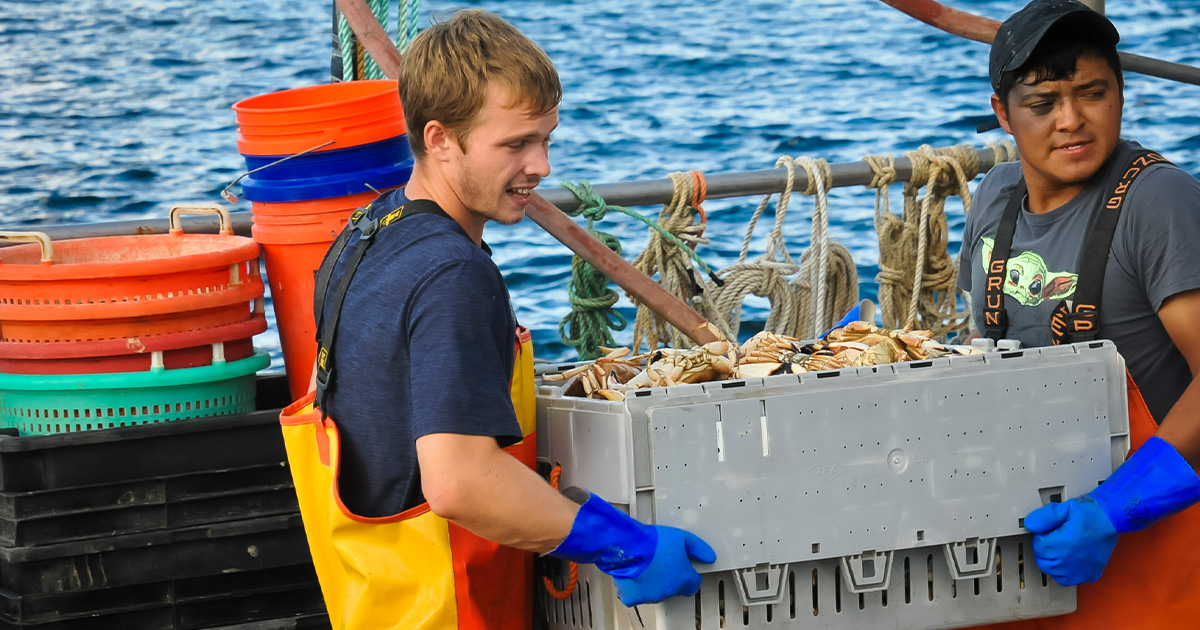Parliament suggests increasing small-scale fishers’ revenues by reducing the number of intermediaries and exempting the sector from fuel taxes.
- Supply chain should be reduced, and intermediaries cut
- Exemption of fuel taxes for the small-scale segment
- Wage compensation fund would cover non-fishing period losses
In a report approved by 408 for, 66 against, and 44 abstentions, MEPs put forward a series of measures to support small-scale fishers.
They want the commercial chain from fishers to consumers to be shortened by increasing opportunities for direct sales and therefore reducing the number of intermediaries.
Exempting the sector from paying taxes on fuel would be another way to support it. Therefore, they ask to keep the current exemption, which, according to the directive for taxation of energy products and electricity, is going to end.
With an average age of 32.5 years, fleets should benefit from the highest co-financing rates in the context of the European Maritime, Fisheries and Aquaculture Fund (EMFAF) to be able to renew and modernize, MEPs say. They also propose that the current funding process be replaced with a system of pre-financing, noting that the small-scale sector gets access to only 7% of the funds available for the whole fishery industry.
To improve EMFAF’s execution rate, MEPs stress the importance of streamlining procedures, reducing the bureaucracy, complexity, and approval time concerning applications.
Finally, Parliament proposes a wage compensation fund that would cover all lost earnings of non-fishing periods, which would also be considered as actual working time for the purpose of the retirement pension.
During the debate, the rapporteur João Pimenta Lopes said: “The centralization of Common Fisheries Policy and setting up of funds for fisheries have been drifting far away from what the small-scale fishery sector needs. For decades, the industrial fishing sector grew, and there was a move towards greater privatization of resources. Now, this sector is struggling even more”.
"The sector and its professionals, in particular, are confronted with low incomes due to the low prices of production. The middlemen win; the producer and the consumer lose. Value added should be distributed more fairly across the sector’s value chain, reducing intermediation margins, improving the first sale price, and exerting a restraint of paid prices on final consumption”.
Background
Despite accounting for 75% of active vessels (42 838 vessels) and 48% of crew in the EU fleet as a whole (62 650 fishers) in 2019, small-scale fisheries represent 7.5% of gross tonnage and 5.4% of landings.
In comparison, large-scale fleet represented 19% of the total vessels and 67% of the gross tonnage, employing 46% of all fishers and accounting for 81% of the landed weight recorded in the EU.



